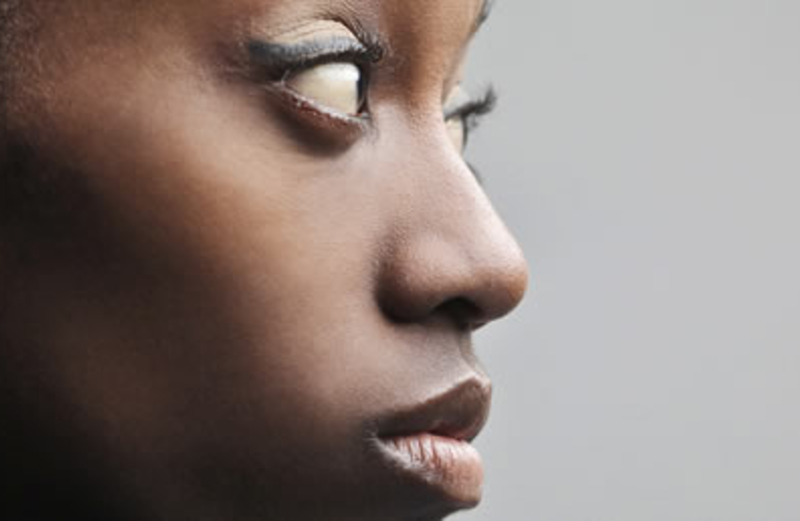Empowering African women: a way to make Africa stronger

Today, in Africa, too many young women remain outside the reach of what should be their full economic and self-empowerment potential. A new ILO report (Young and Female : a double strike?) based on the school-to-work transitions surveys of 32 developing countries concludes that being young and female serves as a double strike for those seeking to find productive employment. Indeed, 76% of inactive out of school youth are female. Women face higher unemployment rate, persistent wage gaps, and longer school-to-work transition. The causes that prevent them to access a decent job are sadly well-known: lack of access to resources, early marriages and pregnancies, discrimination in recruitment and conditions of work, lack of recognition by men outside households. Mentalities need to be changed and we have a long way to go. First, women must have the opportunity to access education (according to UNICEF, there would also be an effect on child marriage that would drop by 64% if women had access to secondary education). Second, gender equality must become a reality (which is sometimes difficult in countries where the position of women is unequally established at the earliest stages and cannot be changed). This is really important because we know (and many reports have shown it for years) that empowering women and giving them the opportunity to make their own choices for an active participation in the economy makes a huge difference on many fronts.
Indeed, promoting gender equality is one of the most effective ways to drive inclusive growth and reduce poverty. This is the reason why the NEPAD Agency, with the goodwill of the Spanish Government, established the NEPAD-Spanish Fund for African Women’s Empowerment. Since its inception in 2007, the Fund has contributed to women’s economic empowerment through skills transfer, access to finance and the set-up of businesses, and access to land. More than half a million women have benefited directly from the Fund and we will continue to help more and more women help themselves in order to set them on the path to a better future. Africa needs a more concerted effort to provide women with economic empowerment. The AU declared 2015 the Year of Women’s Empowerment and Development towards Africa’s Agenda 2063, and this is a very positive sign. Now we need to make it a reality. We must indeed remove the barriers that keep women from realizing their full potential and their rights for equal opportunity and treatment. Africa needs them.
